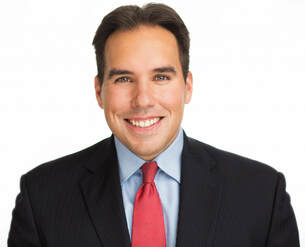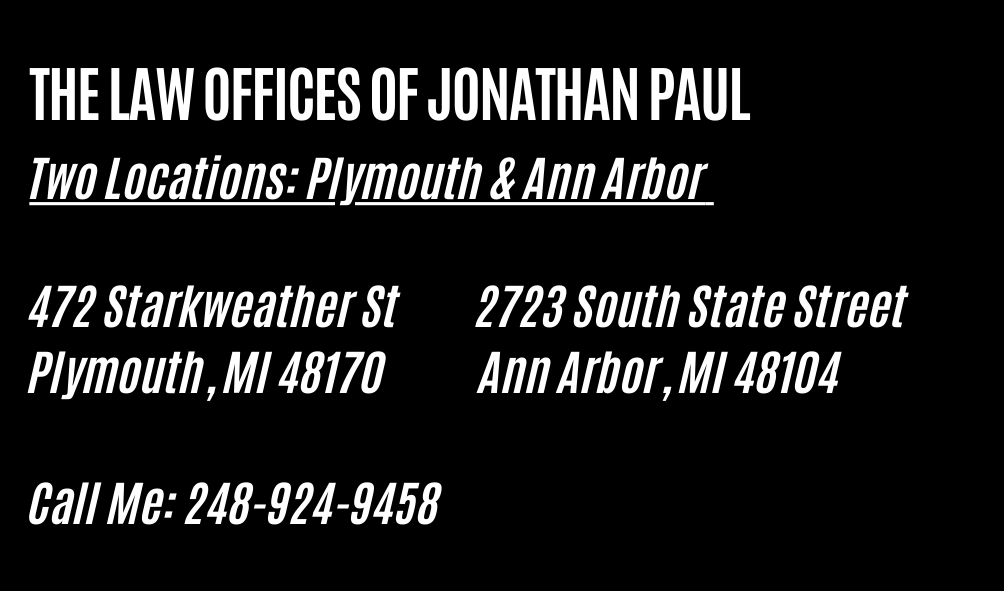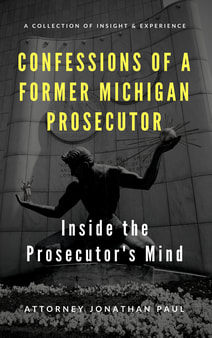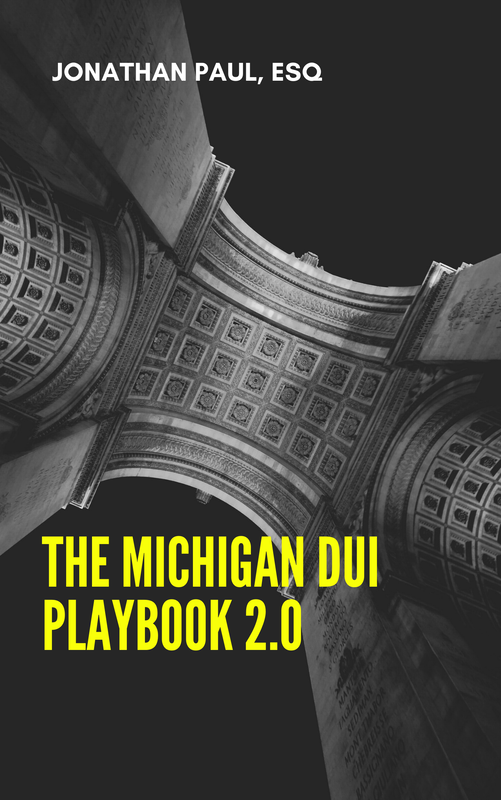|
Any vehicle a defendant is driving when he or she is arrested for drunk driving has the potential of being immobilized on conviction. For a first offense, the immobilization up to 180 days is discretionary with the court. MCL 257.904d(1)(a). For a second offense, immobilization between 90 and 180 days is mandatory. MCL 257.904d(1)(c). Before October 31, 2010, immobilization between one and three years is mandatory for a third or subsequent offense within 10 years, while beginning October 31, 2010, immobilization is mandatory after two or more prior convictions. MCL 257.904d(1)(d). A similar graduated scheme covers the driving with suspended or revoked license offenses of MCL 257.904, .904d(2). If the vehicle is not owned or leased by the defendant, it cannot be immobilized unless there is a showing that the owner or lessee knew that the defendant was going to drive intoxicated or that he or she did not have a valid license. Note that immobilization periods begin at the end of any imprisonment period imposed. MCL 257.904d(6).
Immobilization is authorized in any manner that locks the ignition, wheels, or steering of a vehicle, and penalties attach for attempts to circumvent the method chosen. A court may order the defendant to pay the cost of immobilizing and storing the vehicle. MCL 257.904e. Other statutory provisions govern certification and use of ignition interlock devices, including penalties for tampering with them or operating without the required device. MCL 257.625k, .625l, .904d(1)(c). A person convicted of OWI, MCL 257.625(1), or driving with any amount of a controlled substance in the body, MCL 257.625(8), may be required as a condition of probation to have an approved ignition interlock device installed in any vehicle the person drives. MCL 257.625(24). When a police officer detains a driver of a vehicle for certain drunk driving offenses, he or she must immediately confiscate the registration plate and destroy it, issue a temporary plate (“valid until the charges against the person are dismissed, the person pleads guilty or nolo contendere to those charges, or the person is found guilty of or is acquitted of those charges”), and notify the Michigan Secretary of State. MCL 257.904c. The enumerated offenses are second or subsequent offense OWI, UBAL, OWPCS, OWVI, or any of those offenses resulting in death or serious impairment, and any of those offenses plus the minor BAC offense committed with a person under 16 in the vehicle. Comments are closed.
|
Click to Email Me Categories
All
|
Ann Arbor Office LocationPlymouth Office Location |
Representing DUI Clients in MichiganRepresenting clients charged with a DUI in Ann Arbor, Canton, Brighton, Howell, Saline, Adrian, Taylor, Plymouth, Northville, Westland, Ypsilanti, Pittsfield Towsnhip, Warren, Sterling Heights, Farmington, Pontiac, Romulus, Lansing, Novi, South Lyon, Southfield, Birmingham, Bloomfield Hills, Royal Oak, Troy, Rochester, Jackson, East Lansing, Garden City, Livonia, Dearborn, Detroit, St Clair Shores, Hazel Park, Ferndale, Madison Heights, Waterford, Milford, Shelby Township Clarkston, Oak Park, Berkley, Fraser, Sterling Heights, Clinton Township and others throughout Washtenaw, Wayne, Monroe, Jackson, Genesee, Macomb, Ingham, Lenawee, Livingston and Oakland County.
|








